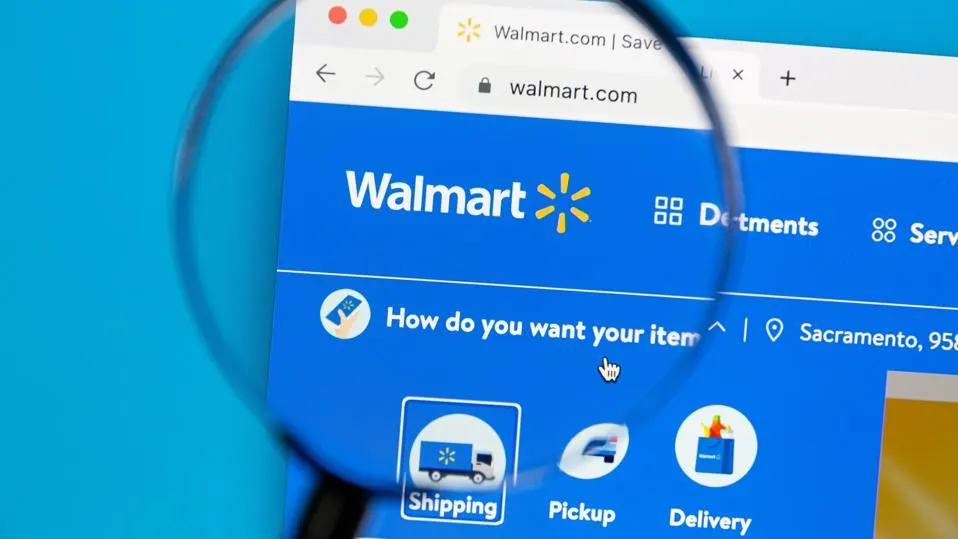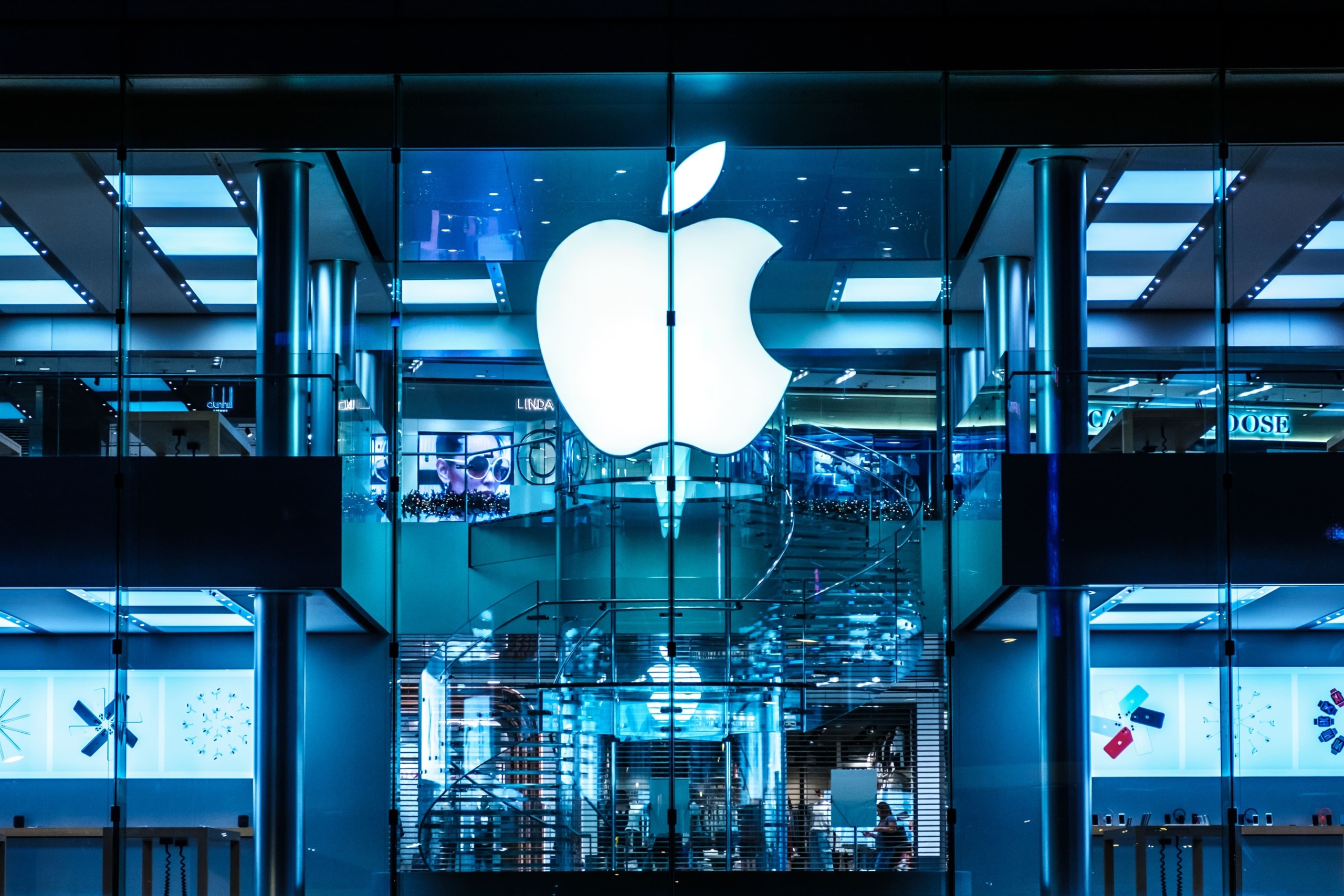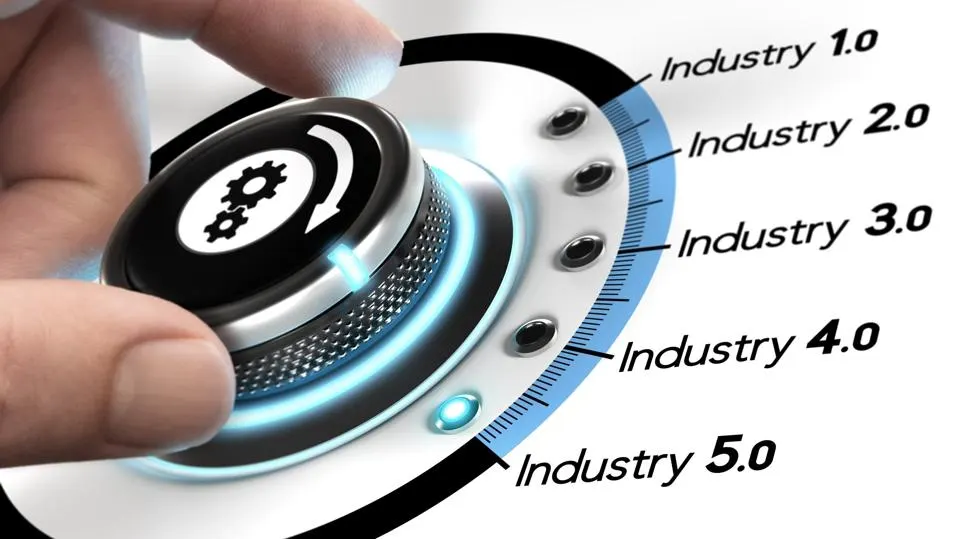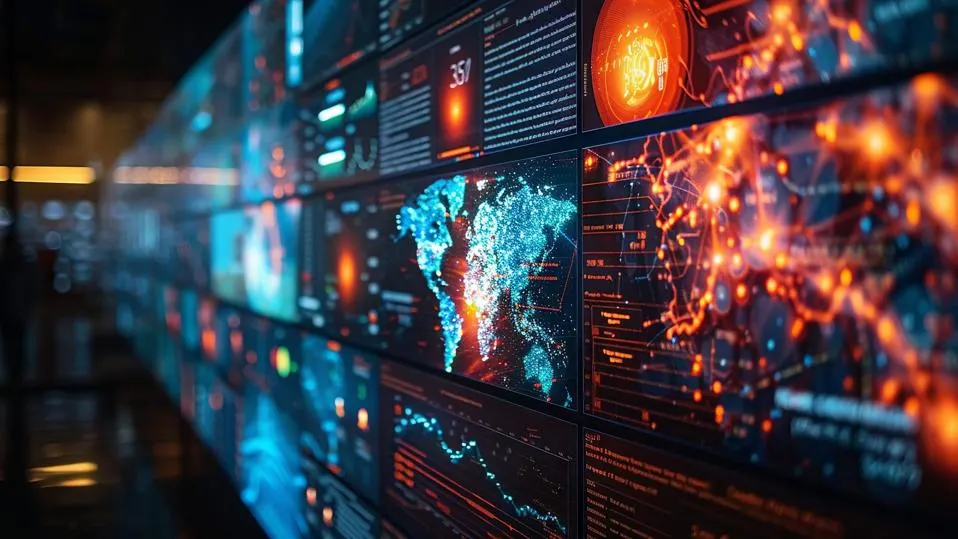How Walmart Business Is Revolutionizing B2B Shopping With AI: A Deep Dive Into The Future Of Retail
29 July 2024
In the rapidly evolving landscape of retail, few companies are as well-positioned to harness the power of artificial intelligence (AI) as Walmart. While most consumers are familiar with Walmart’s B2C offerings, the retail giant has been quietly revolutionizing the B2B space through its Walmart Business division.
I recently had the opportunity to speak with Ashley Hubka, Senior Vice President and General Manager at Walmart, to explore how the company is leveraging AI to create a more efficient, personalized, and streamlined B2B shopping experience.

Walmart Business: Meeting The Unique Needs Of Organizations
Launched a couple of years ago, Walmart Business was born out of a recognition that millions of businesses and nonprofits were already using Walmart's stores and website for their procurement needs. However, these organizations had unique challenges that required a tailored approach.
"We heard from organizations of all sizes and across all industries a few key themes," Hubka explained. "They wanted to save money and simplify their business purchasing. They wanted to stay in stock and in control. That control piece is really important, and they wanted to create efficiencies and opportunities."
To address these needs, Walmart Business created a dedicated site, app, and omnichannel experience focused on organizational buyers. The platform offers a wide range of products, from office supplies to break room essentials, all at Walmart's signature everyday low prices. But what truly sets Walmart Business apart is its strategic use of AI to enhance the B2B shopping experience.
AI-Powered Personalization: Tailoring The B2B Experience
One of the most significant ways Walmart Business is leveraging AI is through personalized and tailored experiences for its customers. Hubka emphasized the company's "people-led and tech-powered" approach, ensuring that technology serves people rather than the other way around.
"We look at their behavior on our site and then we're able to tailor or personalize the experience so it's fit for them," Hubka said. "It is relevant and it saves them money and hassle."
This personalization extends to both new and returning customers. For first-time visitors, AI-powered prompts might encourage them to create an account or connect with a sales representative. For returning customers, the system can provide tailored product recommendations based on past purchases and browsing history.
Bridging The Gap Between Discovery And Purchase
In the B2B space, the journey from product discovery to purchase can be longer and more complex than in B2C transactions. Walmart Business is using AI to close this gap, particularly through search engine optimization (SEO).
"We're using AI to generate those keywords, and that information on the pages that assist the search engine and ultimately assist the business buyer," Hubka explained. This AI-driven approach not only improves the visibility of Walmart Business in search results but also ensures that business customers can quickly find the products they need.
AI In The Supply Chain: Enhancing Efficiency And Control
Behind the scenes, Walmart Business benefits from the company's broader AI and machine learning initiatives, particularly in supply chain management. These AI-powered systems optimize inventory forecasting, planning, and logistics, ensuring that business customers have access to the products they need when they need them.
"All of these AI/ML fancy engines in the back end that optimize our operations are in service of the customer being able to know, make choices about how they want something fulfilled and have the confidence in the timelines that they can see on our site," Hubka noted.
The Human Touch In An AI-Driven World
While AI plays a crucial role in Walmart Business's operations, the company remains committed to its "people-led, tech-powered" philosophy. This approach extends to how Walmart is preparing its workforce for an AI-driven future.
"As we are encouraging people to start using [AI] and experiment with that, it gets a little less scary," Hubka said. She gave examples of how AI tools are helping employees summarize large documents and generate first drafts faster, freeing up time for more strategic, creative work.
The company is also investing in automation throughout its supply chain, creating new opportunities for employees to upskill and take on more technically advanced roles. "Now I have a job that's 15 percent manual. It's more enjoyable. It's more interesting. And I've just been able to extend the longevity of my career at Walmart in a new and different role," Hubka explained.
The Road Ahead: AI's Future In B2B Retail
Looking to the future, Hubka sees AI playing an increasingly important role in B2B retail. From more sophisticated personalization to optimized inventory management tailored for B2B demand, the possibilities are vast.
However, Walmart remains committed to responsible AI use. The company has developed a Walmart Responsible AI Pledge, outlining six commitments to ensure ethical and responsible use of AI and other technologies.
As Hubka succinctly put it, "We're seeing that there is this way to do that that creates better customer experiences, better careers and a stronger business, that there's a clear overlap and way that we can serve all three of those simultaneously."
Lessons For The B2B World
For other organizations looking to integrate AI into their B2B operations, Hubka offers this advice: "Let's remember to keep the people first, right? That we have to keep that foremost in mind as we make the choices so that technology is serving people. We don't leave them out of the equation. We put them foremost in that equation."
As Walmart Business demonstrates, the future of B2B retail lies in striking the right balance between cutting-edge technology and the human touch. By leveraging AI to enhance efficiency, personalization, and control, while never losing sight of the people behind the organizations they serve, Walmart is setting a new standard for B2B commerce in the digital age.
Related Articles
AI Gone Wild: How Grok-2 Is Pushing The Boundaries Of Ethics And Innovation
As AI continues to evolve at breakneck speed, Elon Musk's latest creation, Grok-2, is making waves in the tech world.[...]
Apple’s New AI Revolution: Why ‘Apple Intelligence’ Could Change Everything
Apple's announcement of 'Apple Intelligence' marks a seismic shift in how we interact with our devices.[...]
Why AI Models Are Collapsing And What It Means For The Future Of Technology
Artificial intelligence has revolutionized everything from customer service to content creation, giving us tools like ChatGPT and Google Gemini, which can generate human-like text or images with remarkable accuracy.[...]
Where Will Artificial Intelligence Take Us In The Future?
Just a few years back, if you had been told that by 2024, you would be able to have a conversation with a computer that would seem almost completely human, would you have believed it?[...]
AI: Overhyped Fantasy Or Truly The Next Industrial Revolution?
The term “fourth industrial revolution” has been used in recent years to describe the transformative impact that many believe AI and automation will have on human society.[...]
The World On Edge: 5 Global Mega Threats That Could Reshape Our Future
In an era of unprecedented global interconnectedness, humanity faces a perfect storm of challenges that threaten to reshape our world.[...]
Sign up to Stay in Touch!
Bernard Marr is a world-renowned futurist, influencer and thought leader in the fields of business and technology, with a passion for using technology for the good of humanity.
He is a best-selling author of over 20 books, writes a regular column for Forbes and advises and coaches many of the world’s best-known organisations.
He has a combined following of 4 million people across his social media channels and newsletters and was ranked by LinkedIn as one of the top 5 business influencers in the world.
Bernard’s latest book is ‘Generative AI in Practice’.










Social Media